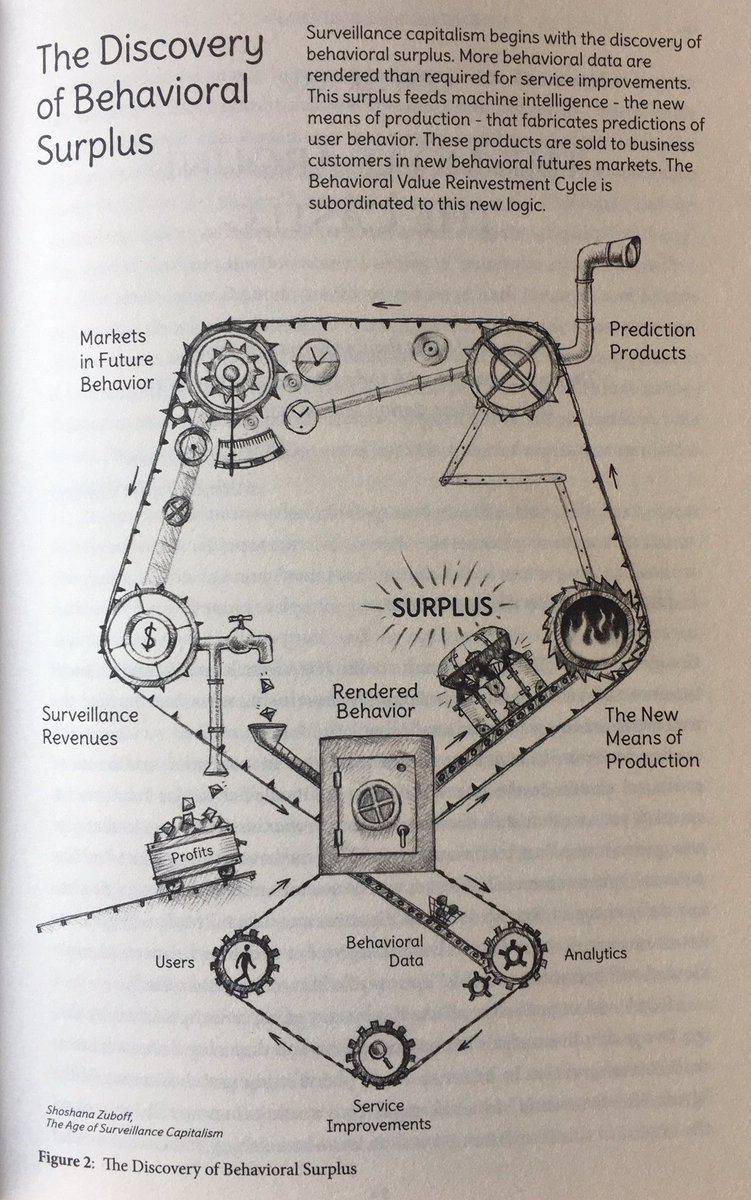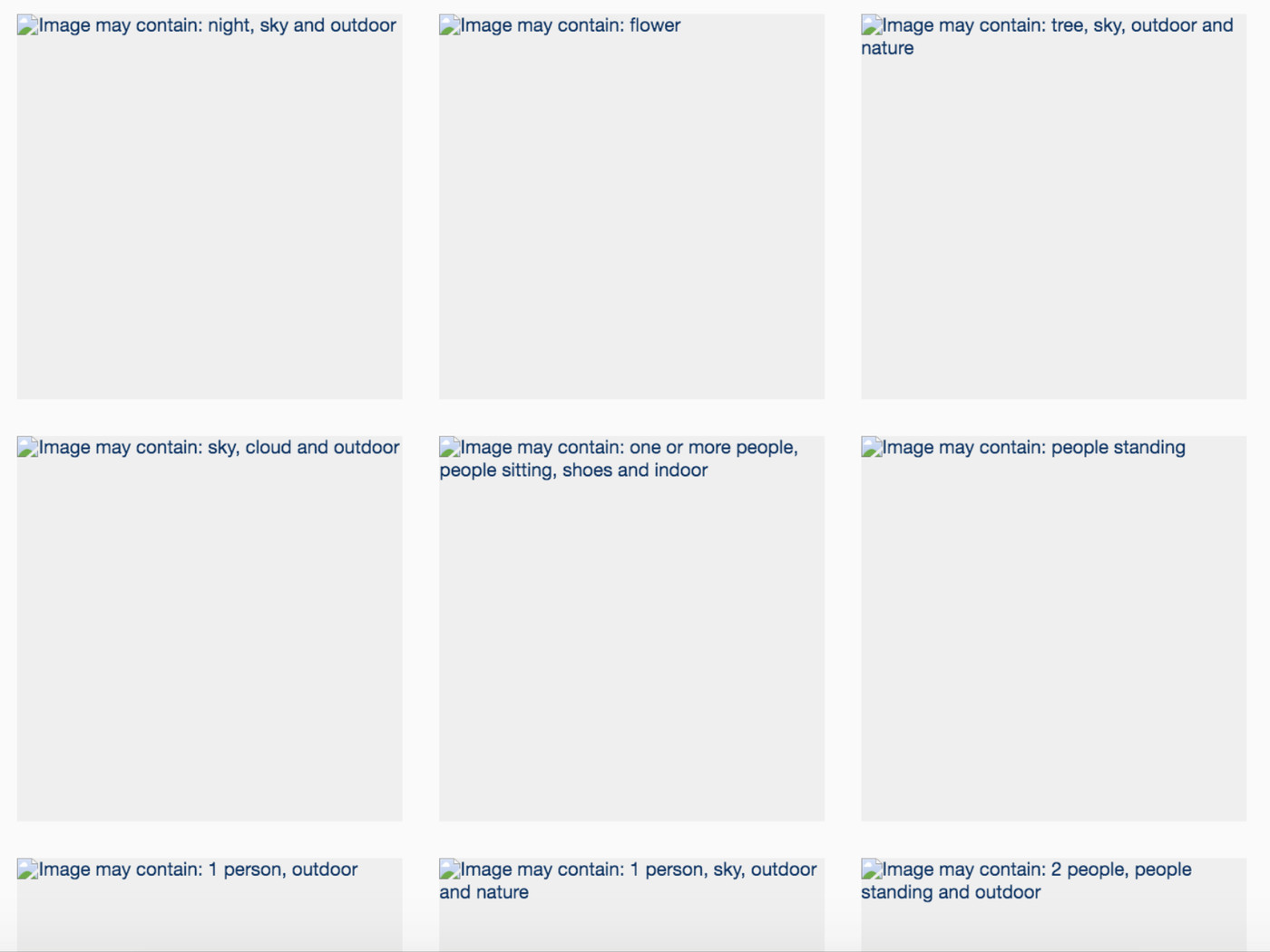What’s the platform ?
In order to be able to answer the questions set above, we must create an understanding not only of the idea of community, but also of the platform . To redefine the role of the community in social media platforms, I’d like to first introduce the definition of the platform, and what it require to be part of an online community today.
In the beginning of the 1990s break,-with the launch of World Wide Web, the internet-based companies foresaw a chance, and shifted to business models that monetised the free resources available to them. “Capitalism, when a crisis hits, tends to be restructured. New technologies, new organisational forms, new modes of exploitation, new types of jobs, and new markets all emerge to create a new way of accumulating capital”. 9 During 1990s, the capitalistic system started exploiting the opportunities of this new resource- World Wide Web – and started reconfiguring its way through this new form.
Fast forward to the twenty-first century and advanced capitalism, that is based on extracting and using a particular kind of raw material: data. Data has become extremely and increasingly relevant nowadays, as the internet keeps expanding, and firms progressively become dependent on digital platforms, and the forms of communications, for all the requirements and features of the business.
In the twenty-first century, however, the technology needed for turning simple activities into recorded data became increasingly cheap; and the move to digital-based communications made recording exceedingly simple. 10
It is important though, to distinguish data from knowledge, although in some cases data may as well involve knowledge, but this is not a condition. According to Nick Srnicek, Data are information that something happened, and knowledge is information about why something happened. Data also entail recording, and therefore a material medium of some kind. 11
Most data, just like any other raw material, must be cleaned, processed, and organised into standardised formats in order to be usable. Likewise, generating the proper algorithms can involve the manual entry of learning sets into a system. Altogether, this means that the collection of data today is dependent on a vast infrastructure to sense, record, and analyse.
“Just like oil, data are a material to be extracted, refined, and used in a variety of ways”. 12
Hashtags, as mentioned and explained above, are used to gather and collect these data, into clusters, so that it’s easier to collect and surveil. It could be argued that social media platforms are nothing but a contemporary manifestation of the capitalistic system, as profit is the main parameter around their function.
As it becomes evident that the data nowadays has become a new capital, and how data is vital for the purposes of a platform’s sustainability , we understand the value of data production, both in economical – how platforms and companies benefit from it- and cultural terms – how we as users produce and share data, and what the implications are. What is important is to think about how the value of data, applies on many layers. For example, the role of the data, as the principal requirement to belong in an online community. It’s the “terms and conditions” that one needs to comply with in order to connect, and therefore, belong in a community.
“Today, a growing proportion of our lives are conducted online, when almost every digital action requires a user login which can be easily aggregated into a composite profile of social media accounts, email addresses, phone numbers, WiFi connections, search histories, DNA sequences, images, career listings, geotags, credit scores, criminal records, purchase histories, dating profiles, and life events from marriage and pregnancy to illness and death.” 13
Wendy Hui Kyong Chun argues that “to be is to be updated”. 14
I would go further saying that to be is to produce data.
Our whole existence becomes a storage, as the way we understand ourselves and our communication with others is a matter of data. We store and analyse data in order to understand the world and our place within it.
The automated assembly of the self is actually the raw material for companies and governments to mine for data, subject to predictive analysis, and control through automated systems and targeted advertising. Thus, it seems essential to investigate the conditions of connecting the self with the “other” within the realm of the expanding and interconnected technologies.
By what means is our data associated with the way we connect with others ? Data’s nature is twofold as it acts as a requirement for both connection and control, so how does moderation undermine the promised communication ?


https://help.instagram.com/325135857663734/?helpref=hc_fnav&bc[0]=Instagram%20Help&bc[1]=Privacy%20and%20Safety%20Center